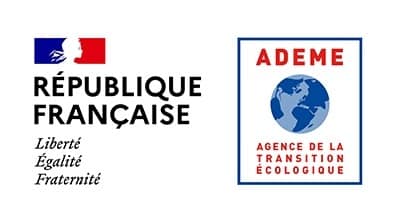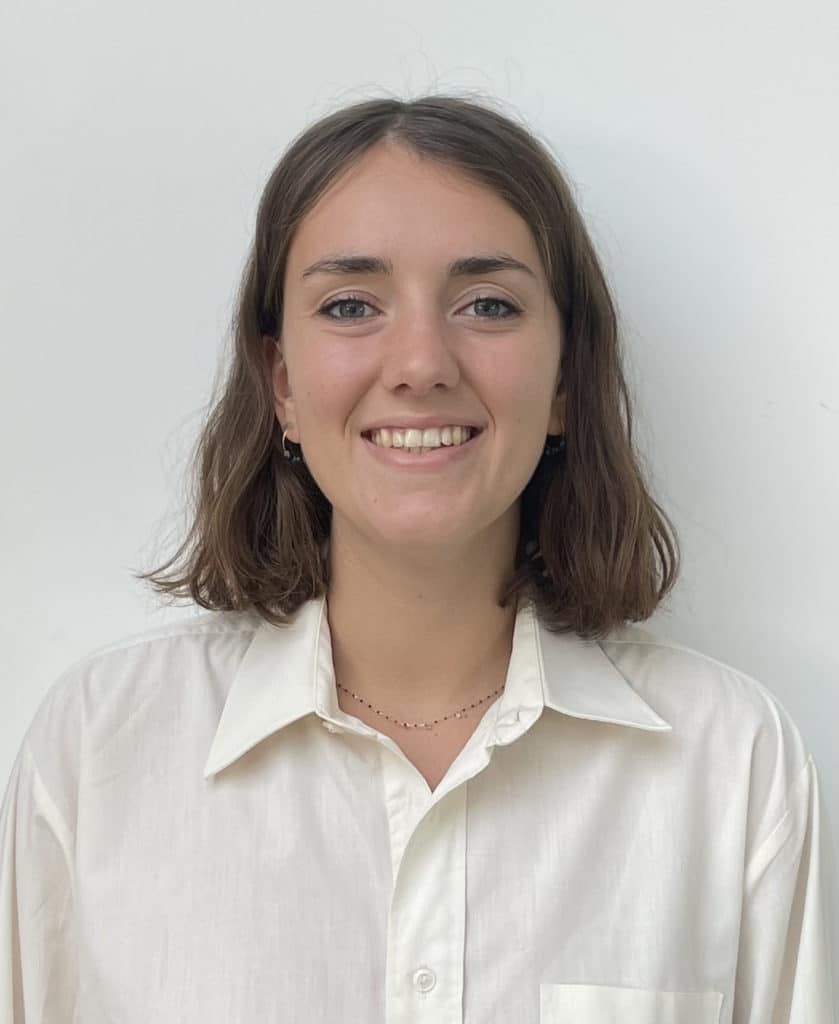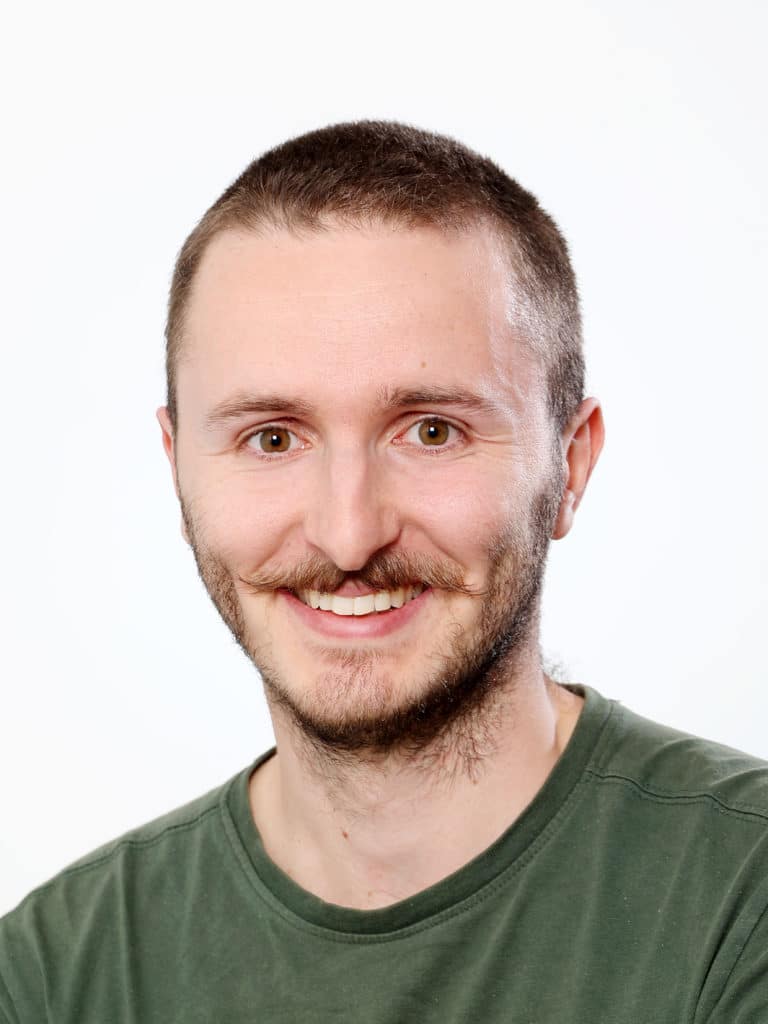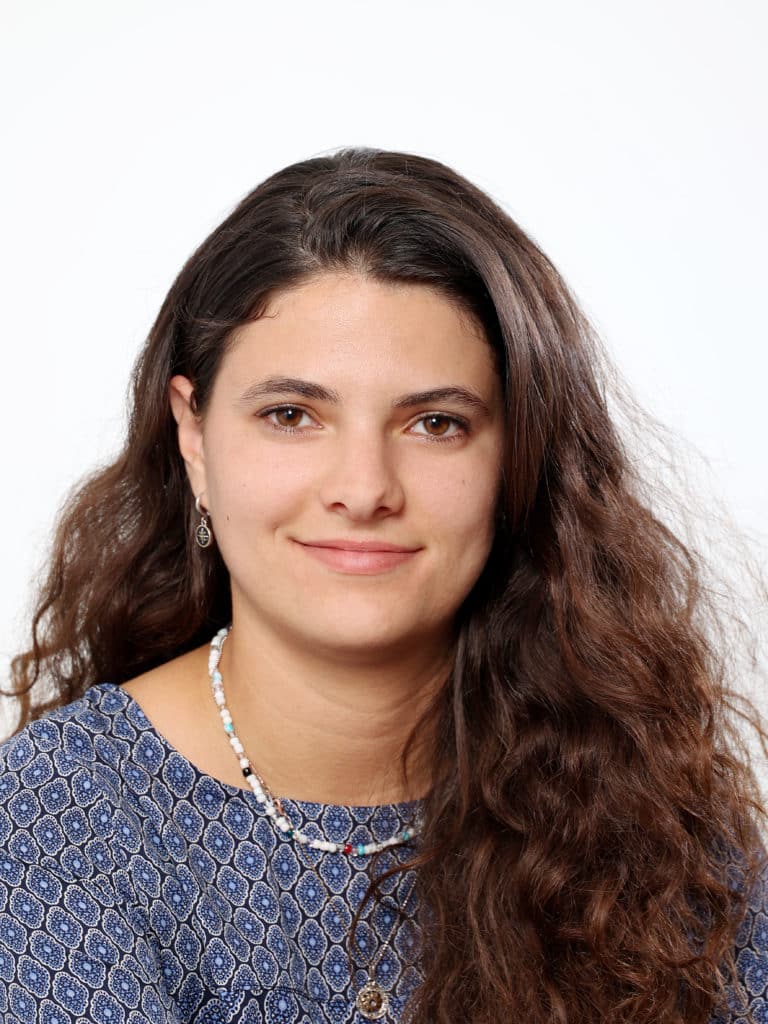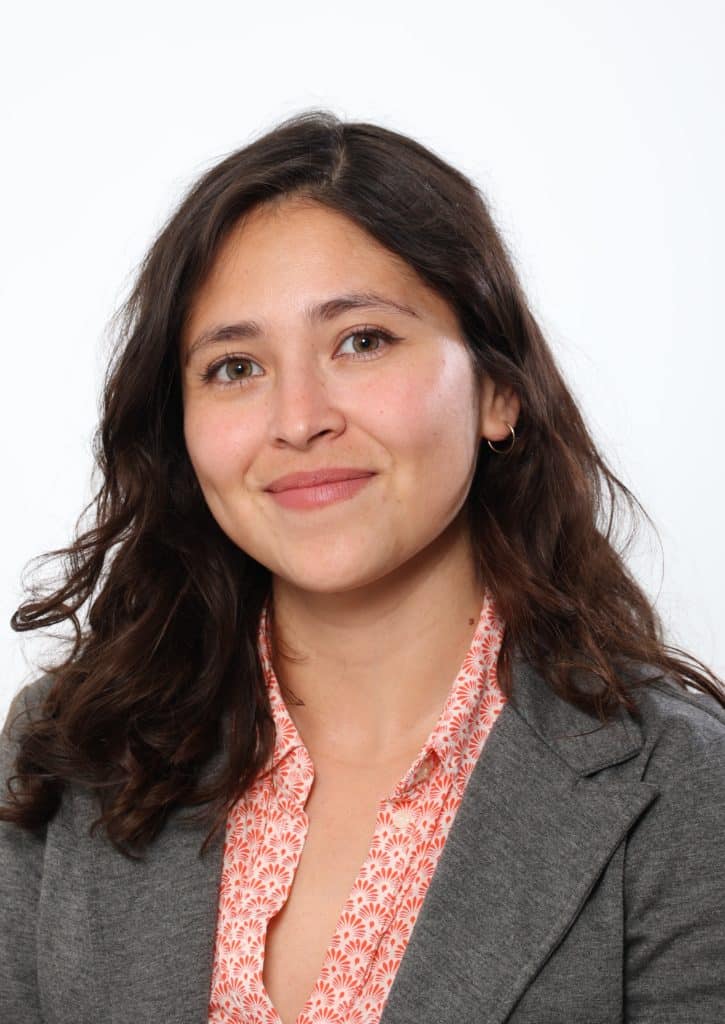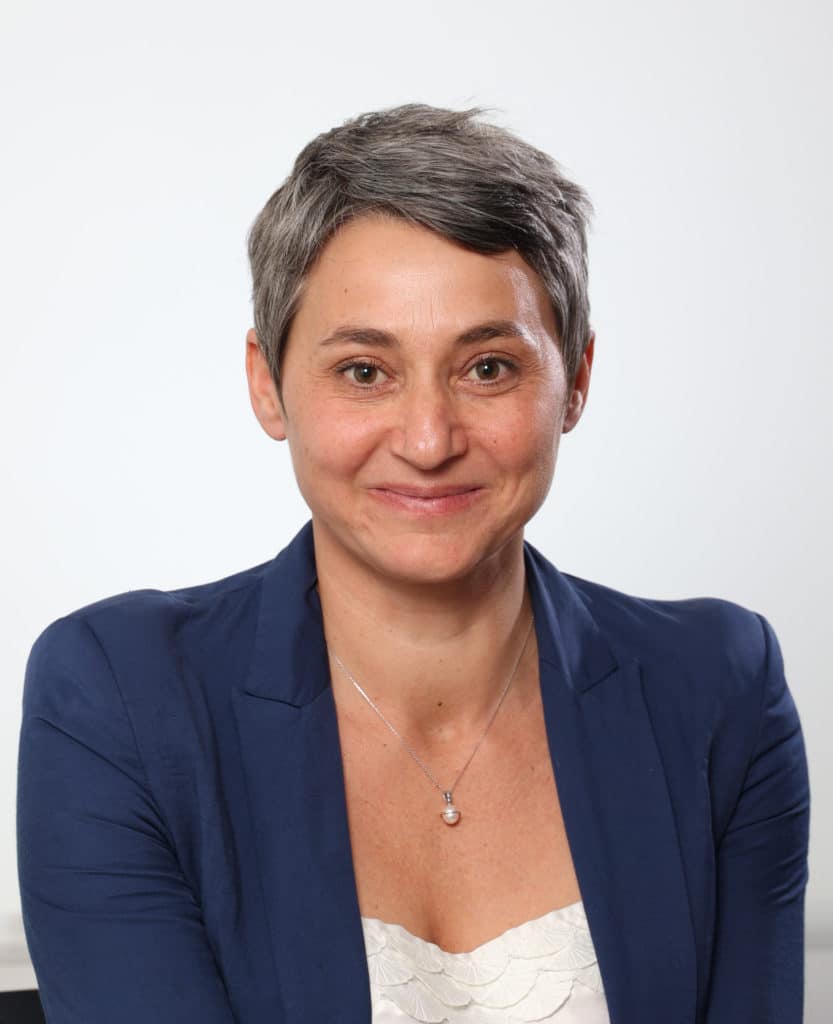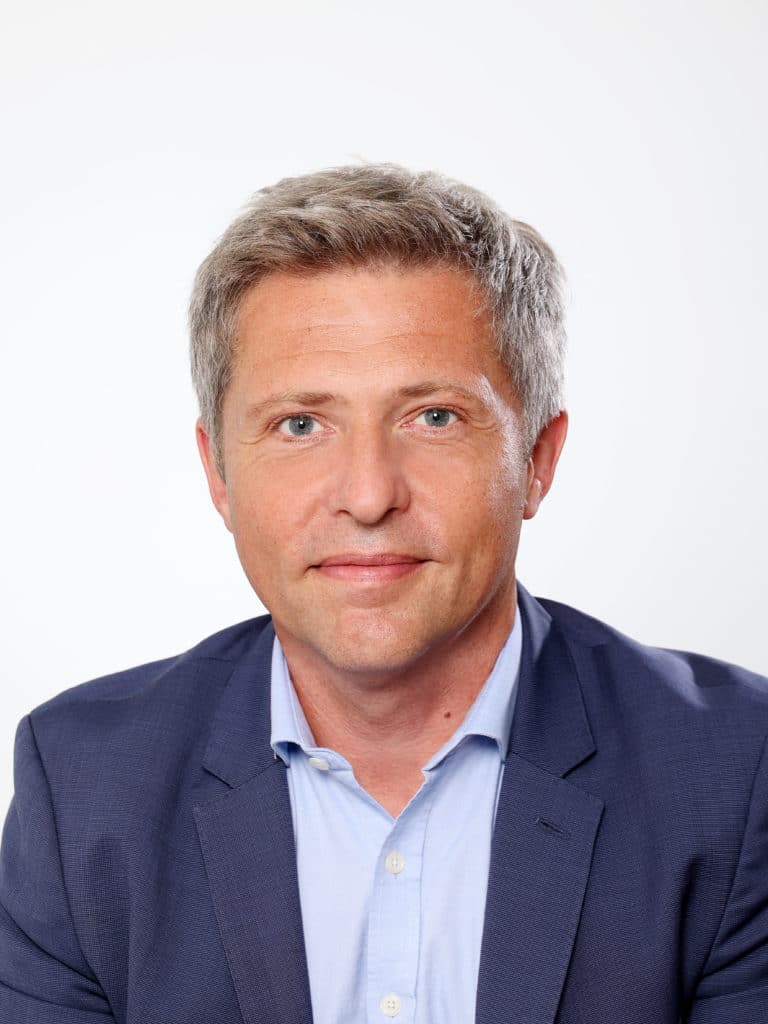MOOC
Transition(s) 2050 : comment atteindre la neutralité carbone d’ici 2050 en 4 scénarios
- Créativité
- Inclusion
- Résilience
- Sobriété
- Milieux naturels et aquatiques, biodiversité
- Aménagement
- Low-tech
- Économie circulaire
- Conduite du changement
- Coopérations territoriales
- Énergie
- Transport de personnes
- Alimentation territoriale
Où en sera-t-on en 2050 ? Que fera-t-on ? Aurons-nous atteint la neutralité carbone visée et su composer avec l’incertitude et les enjeux systémiques auxquels nous sommes confronté·e·s ?
Jean-Louis Bergey a démarré son parcours professionnel en 1981 dans le Gers pour la gestion des ordures ménagères. Entré à l'ADEME en 1989, il s’est occupé de déchets au niveau national pendant 13 ans puis a intégré la Direction clients qui a, entre autres, piloté la diffusion de la méthode Bilan Carbone®. Il a été Directeur régional Aquitaine pendant 7 ans, puis Directeur de la transition énergétique et de l’environnement au Conseil régional des Pays de la Loire, puis expert national économie circulaire et matières premières à l’ADEME.
➡Découvrez les 4 scénarios pour attendre la neutralité carbone proposés par l'ADEME : Transition(s) 2050.
Cette vidéo est une rediffusion du webinaire du 13 janvier 2022 proposé par Transition systémique, un programme expérimental initié par l'ADEME pour accompagner la transformation écologique des territoires par l'approche systémique.
Médias

